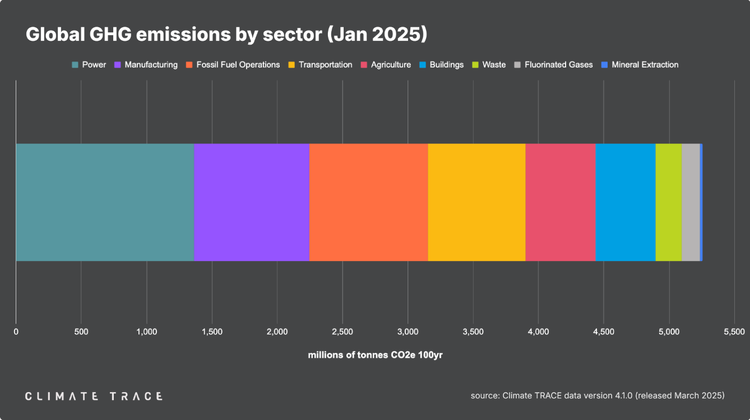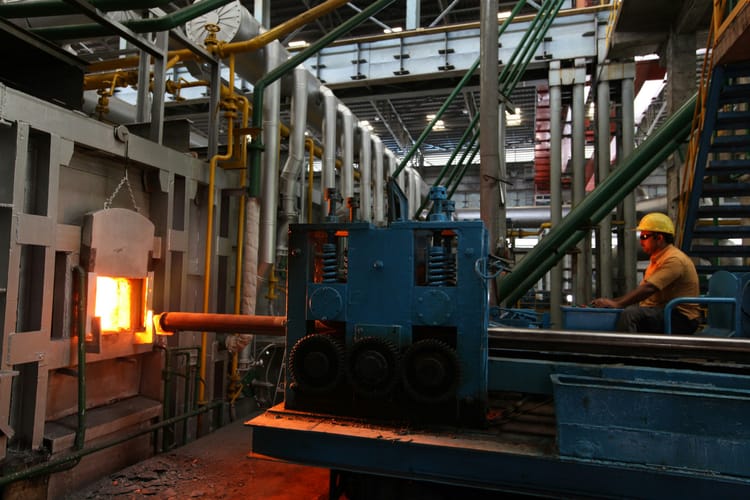The Co-op Group restructures property sustainability team

UK retail cooperative Co-op has made its Head of Property Sustainability Stephen Thomson redundant and created three new roles as part of the restructuring of its property sustainability team.
Thomson, who led the property sustainability team since 2021, announced his departure “due to redundancy” last week, a few weeks after Group Property Director Heather Thomas took on an additional Sustainability Director role.
When contacted by CSO Futures, Co-op confirmed that the organisational structure of the Co-op property team has recently changed, resulting in one redundancy and the creation of three new roles: a Head of Co-op & Property Sustainability, a Co-op Sustainability Manager and a Co-op Sustainability Coordinator.
Scott McHarg, who has been with Co-op for 18 years, most recently as Head of Strategy and Portfolio Insight, has taken on the new role of Head of Co-op & Property Sustainability.
According to a Co-op spokesperson, giving the Group Property Director oversight of the property sustainability strategy was a way to “ensure all aspects of the sustainability agenda stay front and centre of Co-op’s strategy and vision during its journey to Net Zero”.
Co-op sustainability goals
The Co-operative Group, which operates food retail and wholesale stores, as well as offering funeral care, legal services and insurance, has a science-based target to achieve net zero emissions across its supply chain by 2040, as well as several near-term commitments.
By 2030, the group aims to reduce absolute scope 1 and 2 emissions by 66%, Scope 3 emissions by 58.8% and forest, land and agriculture (FLAG) emissions by 42.4% – all from a 2016 base year.
As of 2023, Scope 1 and 2 emissions were down 59% from 2016, mainly thanks to energy efficiency improvements and the installation of lower-impact refrigerants. Meanwhile, Scope 3 emissions had gone down 21%, a result which the company says “reflects market change, wider societal change, and action undertaken by Co-op and our suppliers to reduce the carbon intensity of our products – including emissions reductions reported by our meat and dairy suppliers”.







Member discussion